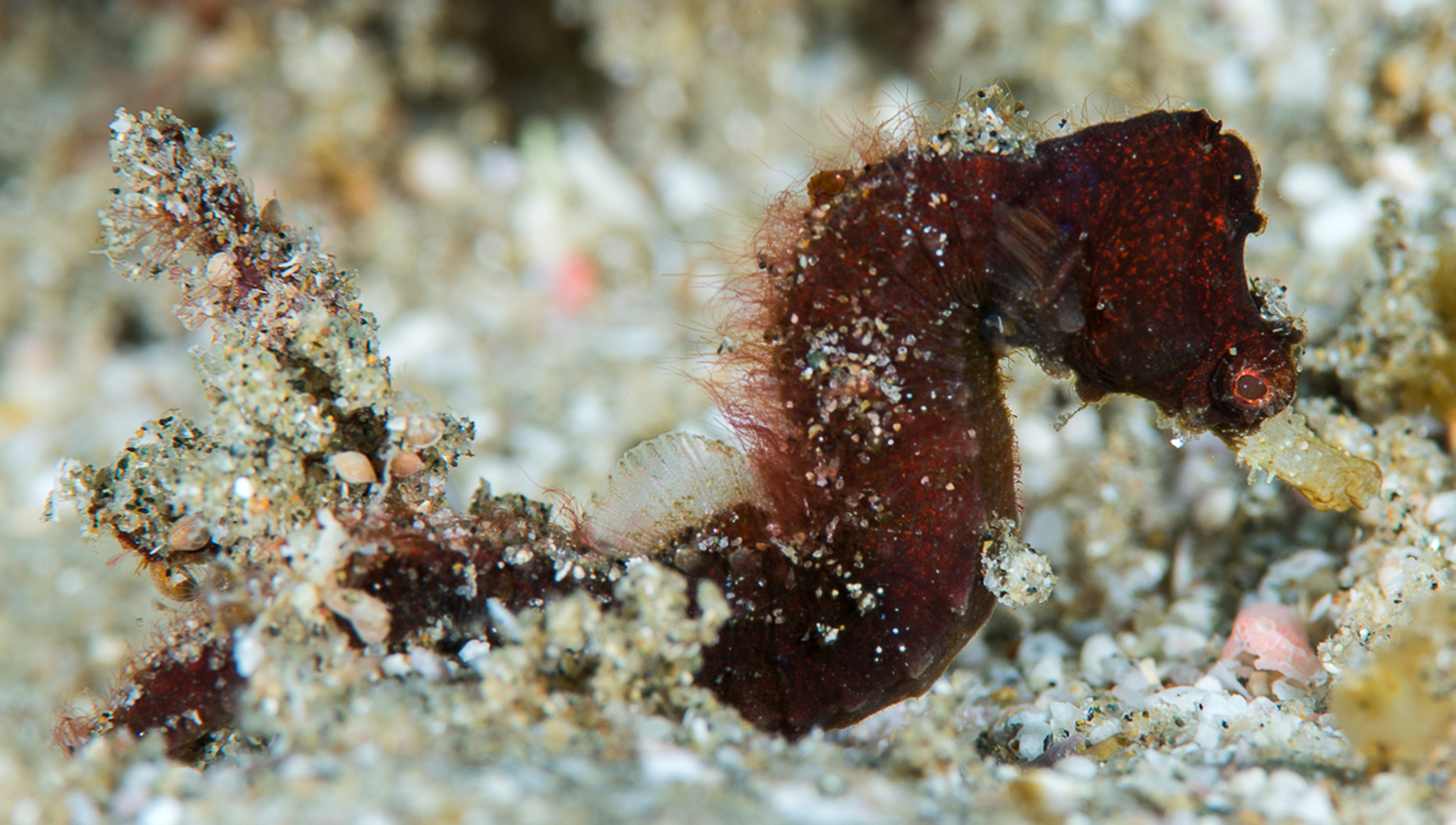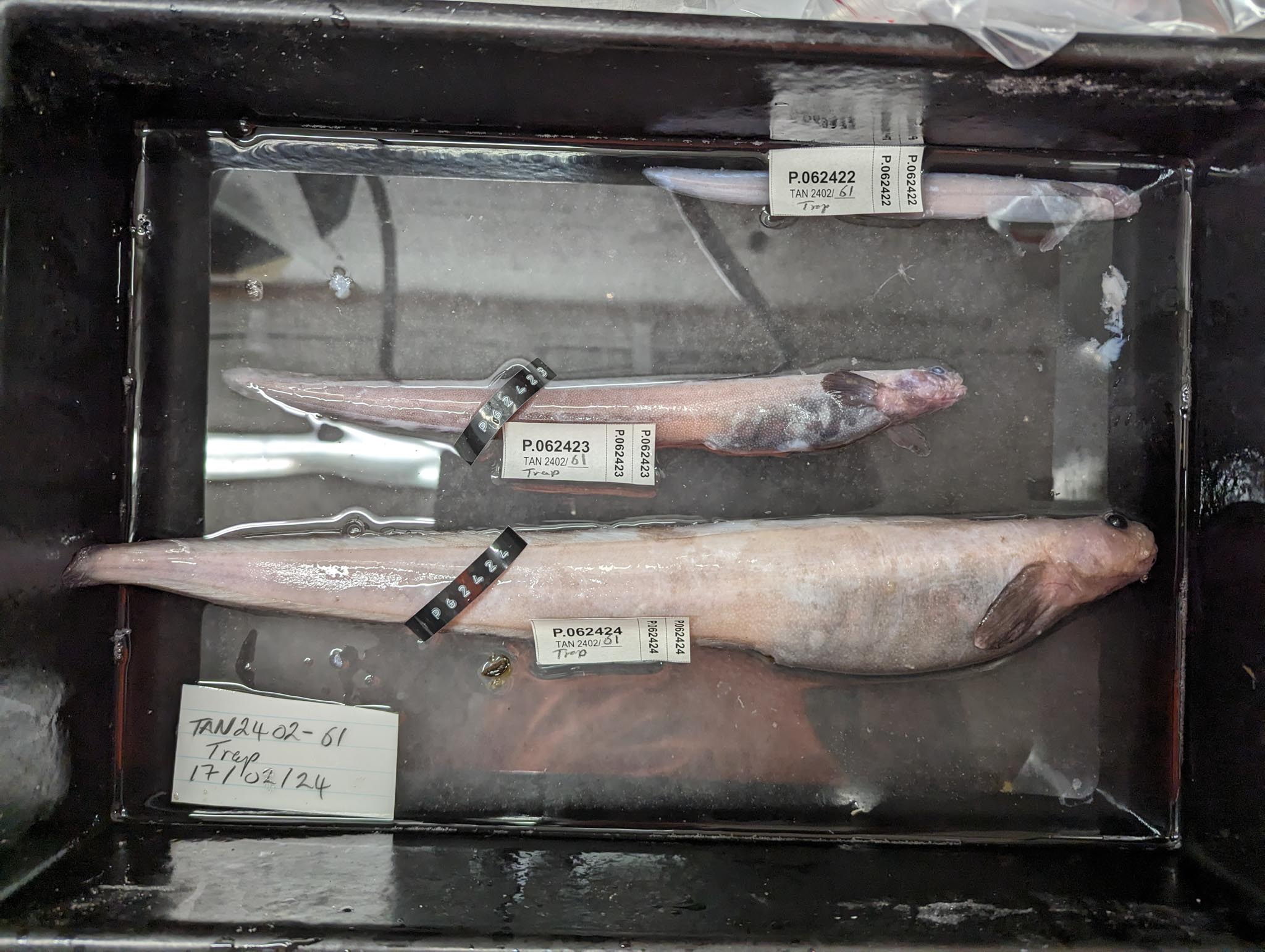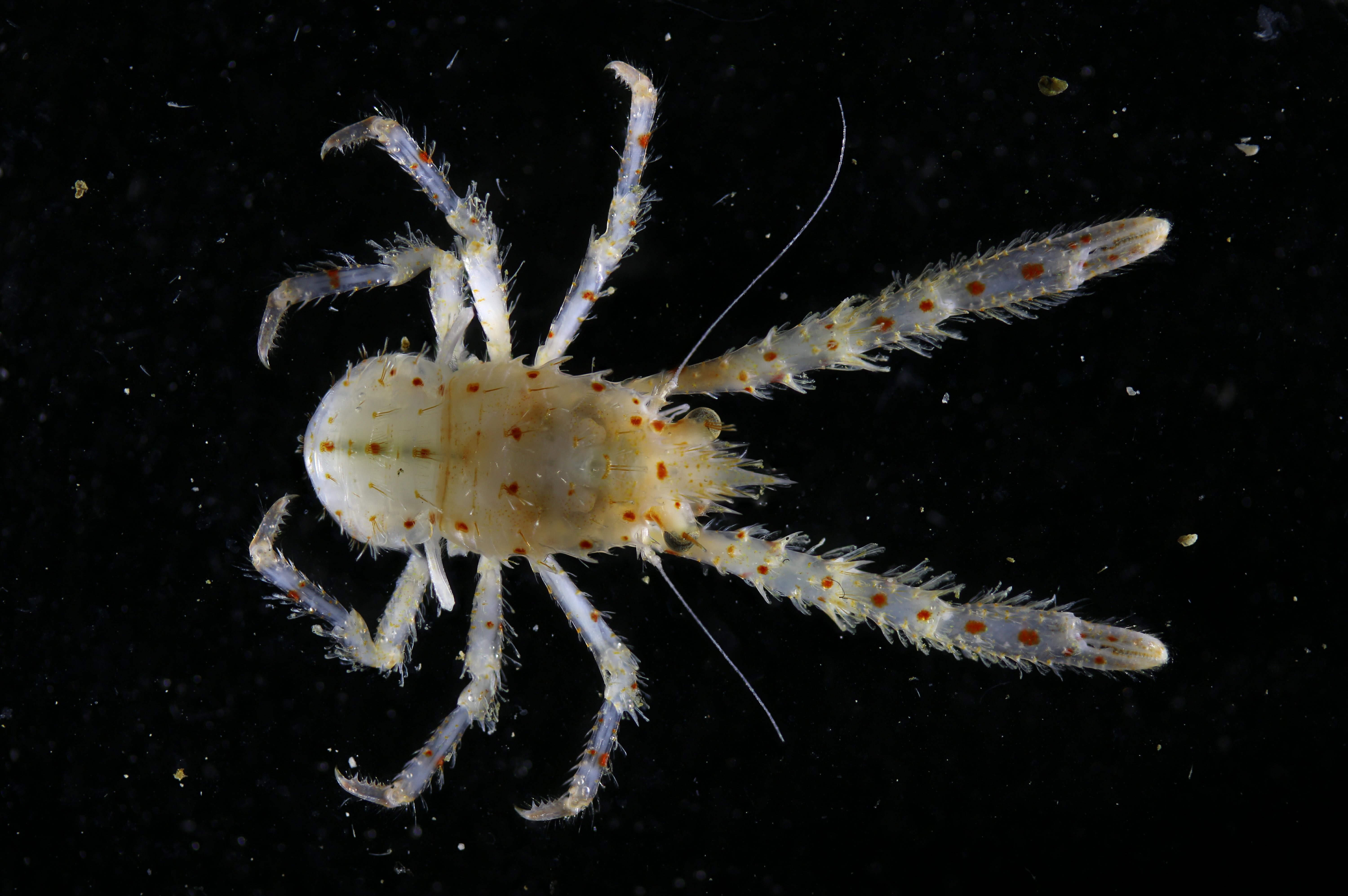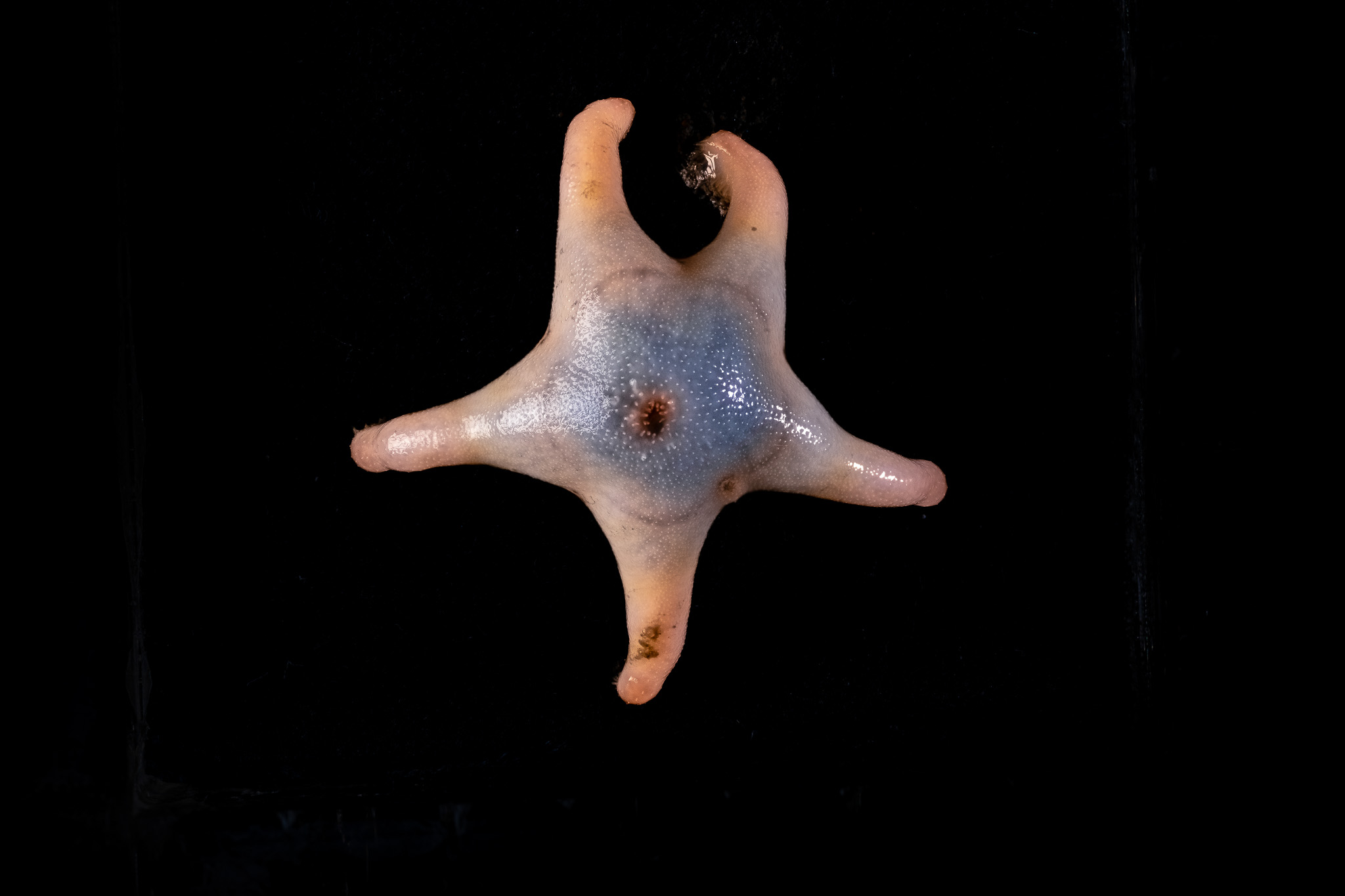A total of 866 new marine species have been discovered in just 16 months by the Nippon Foundation–Nekton Ocean Census as they embark on the world’s most extensive mission to discover ocean life.
ADVERTISEMENT
Among the new-found critters are the good, the badass, and the ugly. This includes new species of shark, sea butterfly, mud dragon, bamboo coral, water bear, octocoral, sponge, shrimp, crab, reef fish, squat lobster, pipehorse, limpet, hooded shrimp, sea spiders, and brittle stars.
Here are some of the highlights:
- A new species of guitar Shark was discovered at a depth of 200 meters (656 feet) off the coast of Mozambique and Tanzania. It’s the 38th known guitar shark species worldwide, a group considered to be one of the ocean’s most threatened vertebrate groups.
- A newly discovered species of marine gastropod, called Turridrupa magnifica, was found at depths of 200 to 500 meters (656 to 1,640 feet) in the South Pacific near New Caledonia and Vanuatu. This snail-like creature hunts using venomous “harpoons” that inject peptides, which researchers hope may have potential applications in pain relief and cancer treatment.
- A new species of octocoral has been identified in the Maldives, expanding a genus previously comprising only five known species. Despite their similar appearances, octocorals are not closely related to the stony, or “true”, corals. One distinguishing feature is their polyps with eight tentacles, hence the “octo” in their name. Additionally, while true corals form substantial calcium carbonate skeletons, many octocorals lack these rigid structures, earning them the common name “soft corals”.

New species of Pygmy Pipehorse (Syngnathidae) discovered on South Africa’s Indian Ocean coast.
Image Credit: The Nippon Foundation-Nekton Ocean Census / Richard Smith © 2025
“The ocean covers 71 percent of our planet, yet it is said that only around 10 percent of marine life has been discovered so far, leaving an estimated 1–2 million species still undocumented. These latest findings demonstrate how international collaboration can advance our understanding of ocean biodiversity,” Mitsuyuki Unno, Executive Director of The Nippon Foundation representing the founding partner of the Ocean Census, said in a statement.
The Nippon Foundation-Nekton Ocean Census is on a mission to accelerate the discovery of marine life. The global alliance has conducted 10 expeditions around the world that have used divers, submersibles, and remotely operated vehicles (ROVs) to dive to depths of 1 to 4,990 meters (3 to 16,371 feet).

Rare eelpout fish, one of three new species discovered in the South Pacific Near New Zealand.
Image credit: The Nippon Foundation-Nekton Ocean Census / Linley Te Papa ©Ocean Census 2025

New species of squat lobster (Galathea sp.) found near unexplored seamounts of the Salas y Gómez Ridge.
Image Credit: The Nippon Foundation-Nekton Ocean Census/Gallardo © 2025
Identifying a new species is a lengthy process, often taking years, as recognition only comes after a formal description is published in a peer-reviewed scientific journal. To accelerate this, the Ocean Census also organized eight Species Discovery Workshops, aimed at advancing marine species identification, fostering global scientific collaboration, and promoting the exchange of taxonomic expertise.
ADVERTISEMENT
“Too many species remain in limbo for years because the process of formally describing them is too slow. We urgently need to change that and adding the Species Discovery step gives us a way to rapidly start the process. Every new species – whether a shark or a sponge – deepens our understanding of marine ecosystems and the benefits they provide for the planet,” explained Professor Lucy Woodall, Head of Science at Ocean Census.

Sea Star (Tylaster sp.) found on an Ocean Census Expedition to the Arctic Deep.
Image Credit: Martin Hartley / The Nippon Foundation-Nekton Ocean Census © 2024
“Our estimates suggest that discovering 100,000 new species could require at least US$1 billion. We are laying the groundwork to make large-scale species discovery a reality, but our impact will ultimately be determined by how this knowledge is used to support marine protection, climate adaptation, and biodiversity conservation,” added Oliver Steeds, Director of the Ocean Census.
Source Link: Over 850 New Marine Species Discovered In Global Mission To Explore Our Earth's Ocean Life